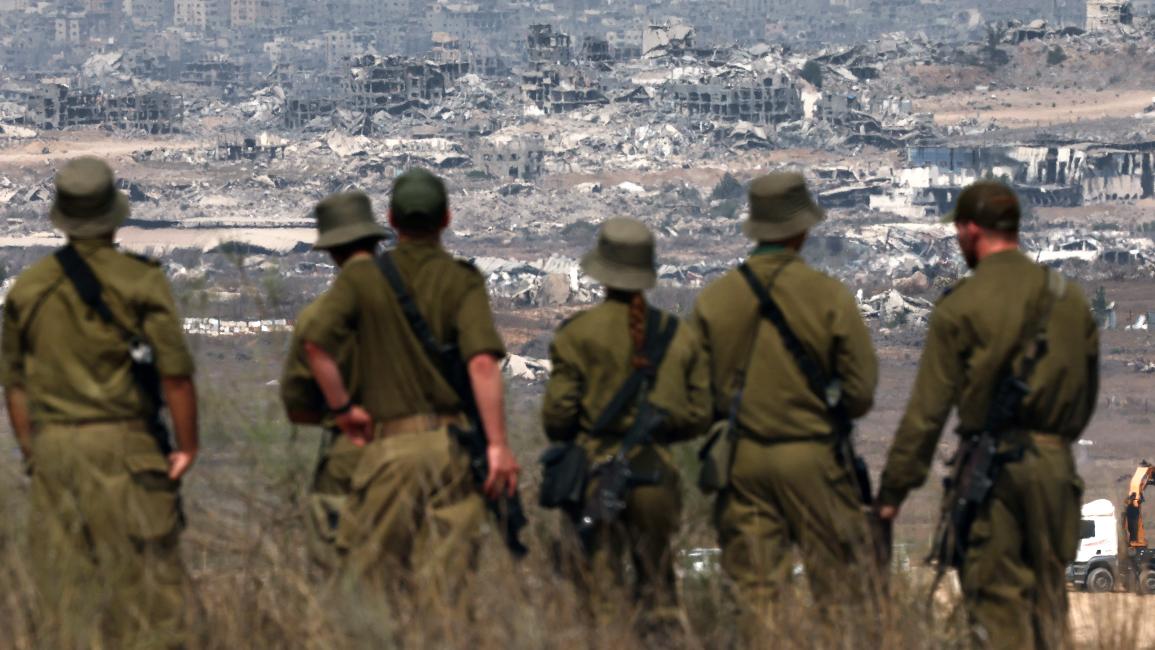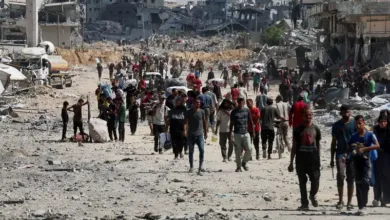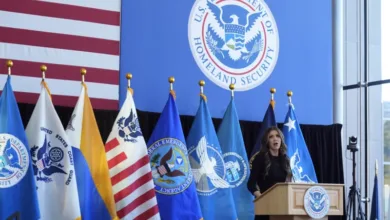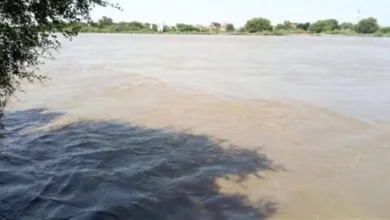Last-Minute Negotiation Efforts: Gaza’s Final Chance Before Israeli Incursion

preparations for a potential occupation of Gaza City. Prime Minister Benjamin Netanyahu considers this operation essential to decisively end the conflict with Hamas. Palestinian delegations, including representatives from all factions, even Hamas, are in Cairo for talks, alongside an upcoming visit by Qatari Prime Minister and Foreign Minister Sheikh Mohammed bin Abdulrahman Al Thani.
Egyptian and Qatari mediators are actively working to bridge gaps and secure an agreement. The current efforts are reminiscent of those preceding Israel’s May 2024 incursion into Rafah, which led to the city’s destruction without withdrawal, sparking widespread international criticism. Palestinians fear a similar scenario in Gaza, home to nearly one million residents, amid escalating Israeli rhetoric. Previous ceasefire attempts were repeatedly disrupted, including Israel’s targeted assassination of Hamas political chief Ismail Haniyeh in Tehran.
Limited Room for Palestinian Negotiators
With Israel raising its demands, Palestinian negotiators have limited room for maneuver. Some analysts suggest that a partial 60-day ceasefire could be the only feasible option to prevent a full-scale occupation. Meanwhile, Netanyahu has consistently rejected partial deals, insisting on comprehensive terms: the release of all Israeli hostages, disarmament of Hamas, civilian governance outside Hamas or the Palestinian Authority, and the neutralization of any future threats from Gaza.
The U.S. appears aligned with Israel’s position, particularly after recent Doha negotiations collapsed despite optimism about progress. This alignment has been reported widely under U.S. News coverage, highlighting Washington’s pivotal role in the region.
“Last-Chance” Diplomatic Effort
Ahmed Al-Tanani, director of the Arab Research and Strategic Studies Center, describes the ongoing mediations as a “last-chance effort” to break the deadlock and prevent large-scale destruction of Gaza. The Palestinian approach focuses on mitigating the effects of war, prioritizing humanitarian relief, Israeli withdrawal, and the return of displaced residents.
According to insiders, there may be a “phased comprehensive solution,” starting with a 60-day partial agreement to end hostilities. However, Israel’s aggressive stance and continued U.S. support for Netanyahu’s strategy limit the feasibility of such agreements. These developments have been covered extensively in Breaking News reports.
Israeli Preconditions and Strategy
Israeli analyst Suleiman Basharat explains that Israel approaches negotiations from a position of military dominance, leaving Palestinian options constrained. The five core demands outlined by Netanyahu are challenging to meet simultaneously. Israel may adopt incremental approaches, such as a gradual ceasefire and international or Arab management of Gaza, ensuring Hamas’s exclusion from administration and phased disarmament.
Israel is pursuing parallel military and diplomatic tracks, leveraging U.S. mediation to stabilize the situation. The recent visit of the Qatari Prime Minister to Cairo, coupled with expanded Palestinian delegations, signals broader Palestinian flexibility. Netanyahu may consider staged agreements, using them domestically to alleviate political and public pressures. The situation has also been discussed in Trump News reports focusing on the U.S.-Israel political dynamics.
Global Context and Superpower Interests
The international community remains divided, with some countries showing concern and others largely passive. Analysts highlight that regional powers like Egypt, Jordan, and the Gulf states are pursuing national interests over ideological alignment. The broader implications for global stability have been discussed in World news coverage, emphasizing the potential ripple effects of the Gaza conflict on international security.
Breaking the Deadlock
Al-Tanani emphasizes that achieving a meaningful resolution requires pressure on the U.S. administration, which remains central to any negotiation outcome. He warns that without political will, Gaza could face prolonged confrontation, new conflict fronts, and weakened international support. Integrating U.S. diplomatic engagement, as reported by U.S. News, remains critical for any sustainable ceasefire.
Conclusion: A Critical Window
With escalating Israeli operations and limited Palestinian maneuverability, the current negotiation represents a pivotal window to prevent further humanitarian disaster. The interplay of local, regional, and global actors, combined with media coverage across Breaking News, Trump News, U.S. News, and World platforms, underscores the high stakes and urgency of decisive action.




